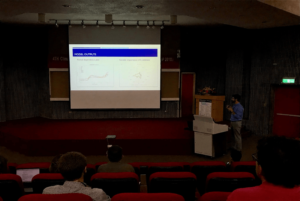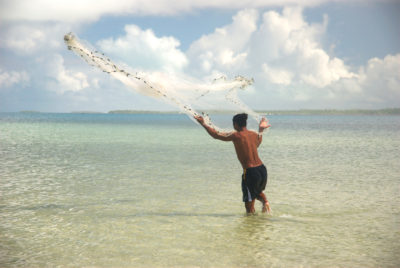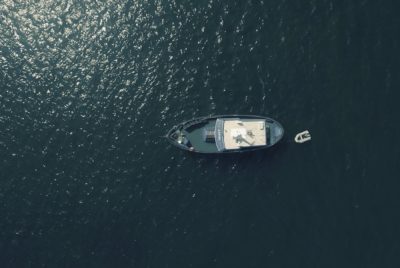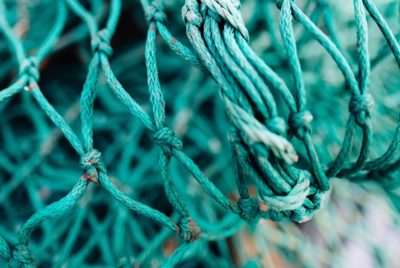Written by Nereus Fellow Guillermo Ortuño Crespo,

For five days, the National Taiwan Ocean University and the city of Keelung (Taiwan) hosted the fourth edition of the Climate Impacts on Oceanic Top Predators (CLIOTOP) Symposium. CLIOTOP aims to evaluate the responses to and impacts of climate variability and change on marine top predator species and their food chains, and dependent socio-economic and management systems over short to longer time scales. The symposium also seeks to develop and evaluate adaptation and mitigation strategies at the single species, multi-species, and ecosystem scales that address the cumulative nature of pressures.
Nereus Fellow Guillermo Ortuño Crespo, a fourth year Marine Science & Conservation Ph.D. student at Duke University, attended the symposium and presented his research on the spatial ecology of pelagic long liners. Guillermo recently published his work as part of a special collection in Science Advances on high seas fisheries (link).
His presentation was part of a session on management strategies for whole systems, one of six sessions at the symposium. Through his research, Guillermo tries to understand the spatial ecology of target and non-target oceanic species, as well as the spatial distribution and environmental preferences of pelagic fishing fleets to identify potential conflict areas. His work related to the fleet dimension of fisheries bycatch was well received in the CLIOTOP community, for which he won the award for best oral presentation. Guillermo will continue his engagement with the CLIOTOP community by collaborating on a manuscript for the upcoming CLIOTOP special issue, providing continuity to the relationship between CLIOTOP and the Nereus Program.







